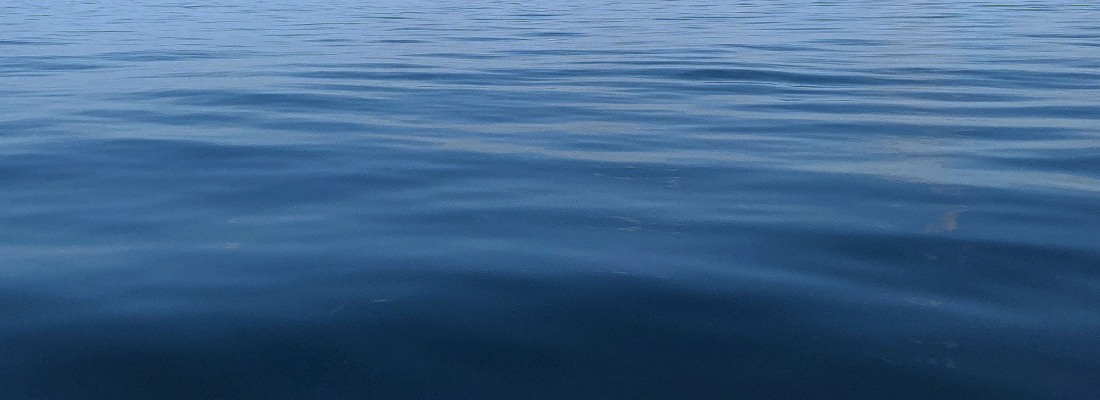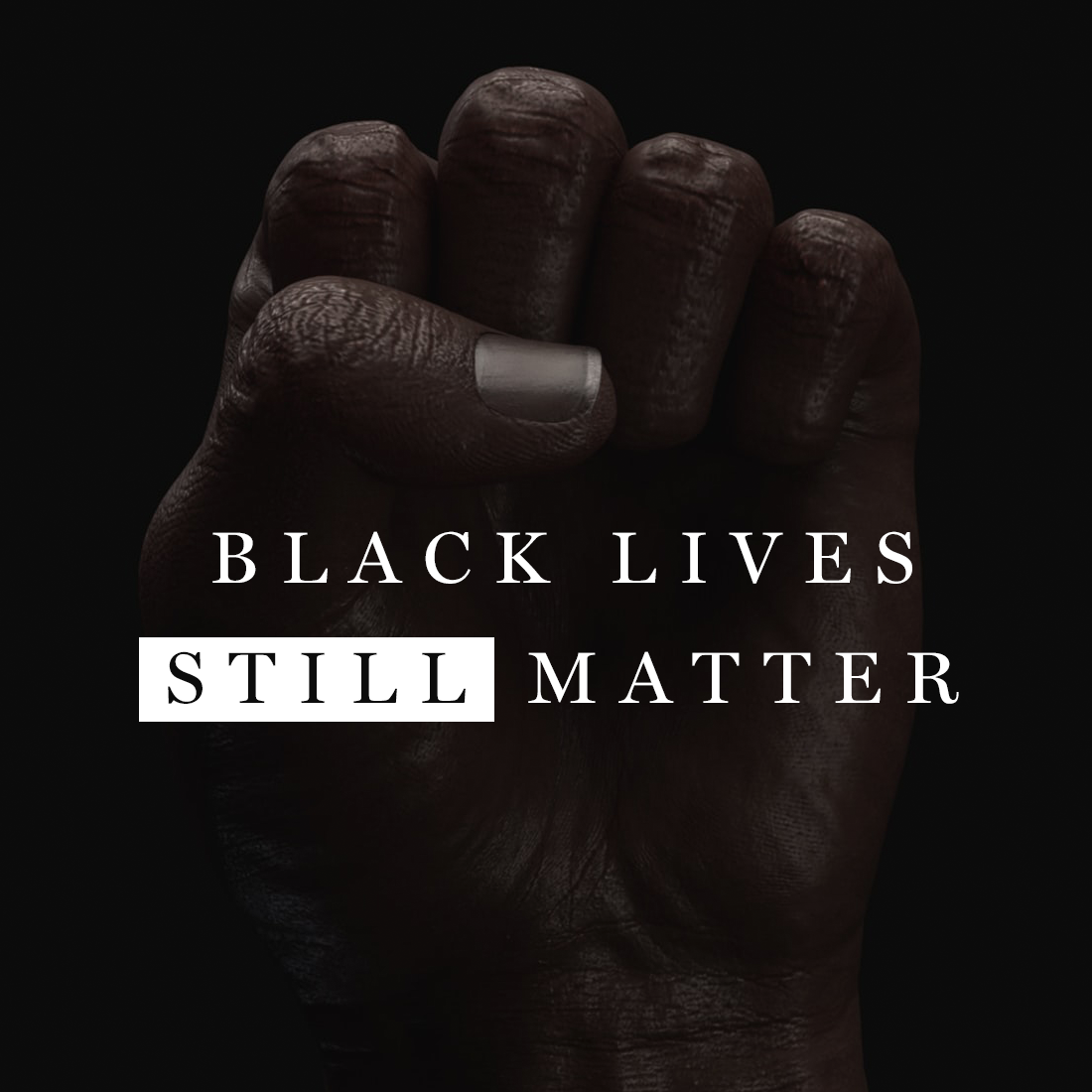NORAH MORTENSON
“you don’t die, because you were never born, you’d just forgotten who you are.”
– Alan Watts
⸙
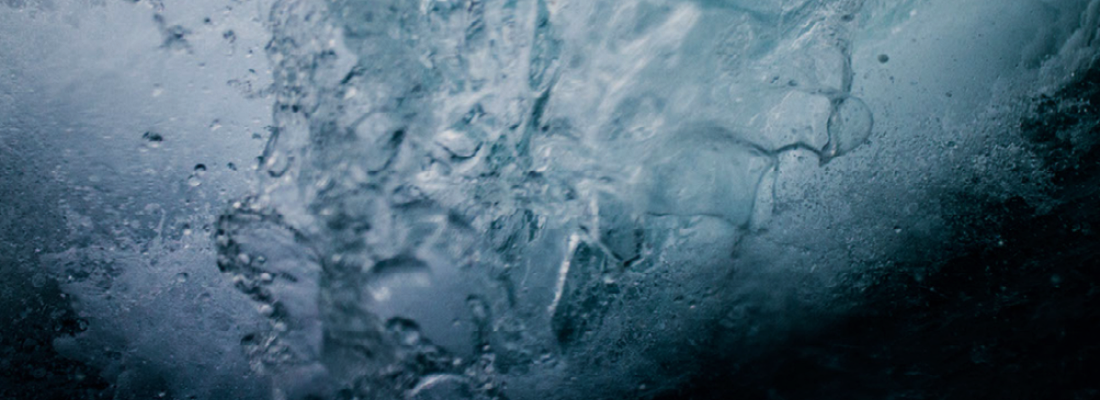
They say that drowning in salt water is one of the most excruciatingly painful ways to die. Though they are few and far between, some who have had a brush with this kind of death have been dragged from the ocean in time to be resuscitated into the living world. These people say that after the terror, and the agony, after the water and brine invaded their lungs, at the very moment of death, there was a pure and engulfing peace. As though the river of their lives had finally found its way to the sea, after its many miles of churning and winding, disappearing the place of its natural conclusion.
⸙
I was raised in the valleys of inland Massachusetts, in a house that had been around longer than any of us who inhabited it. A long gravel driveway extending from the county highway to the front of the house and the chipping red paint of the door. I spent many a weekend with my hands in the dirt of the flower garden by the front stoop, or my feet in the mowed grass of the back yard, always with my brothers, always encircled by groves of gently looming trees.
⸙
In my young childhood I had a pet guinea pig whom I cared for deeply. I played with it often, sat at the edge of its cage watching its soft fragile body move, dropping leaves of lettuce in front of it and listening to the crunch of its small teeth as they chewed through and through and through. When it died, as childhood pets always do, I wrapped its immobile form in a white cloth and buried in my parent’s backyard. My brothers stood behind me in solemn imitation of my own grief, humoring me and my sadness as I shoveled dark soil over its grave with my small hands, as I laid a pile of sticks on top in commemoration.
Two days later, the grave had been dug up, the body missing from its resting place.
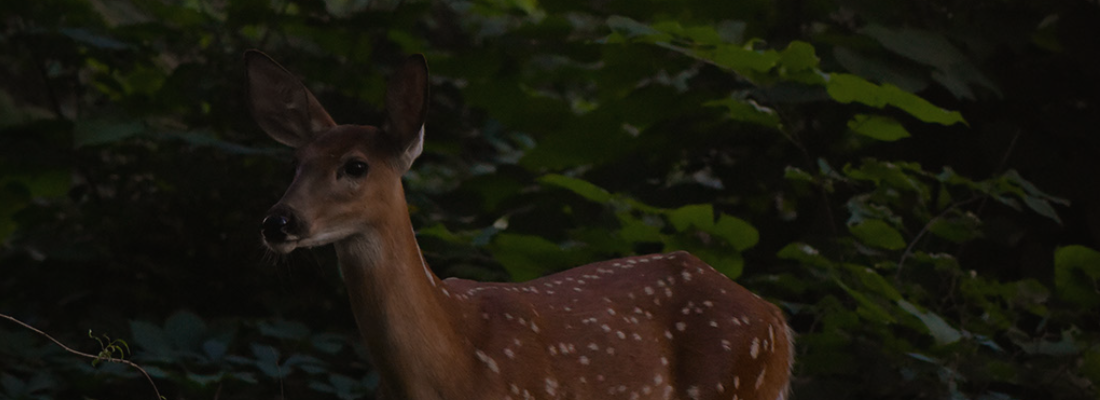
Back then—in the time of childhood pets, and make-believe—we would spend moments of quiet boredom staring out the kitchen window, looking for the deer or foxes or birds that would occasionally cross through the yard between groves of trees, calling to one another to come share in unfettered fascination each time we spotted a creature. Imagining ourselves to be great explorers of the wild world. I would busy myself with the swinging of my legs that hung over the side of the kitchen counter where I sat, keeping my every-watchful eye on the window, beyond it the emerald of the lawn, the deep shifting green of its edges. The moment something moved I stilled myself, motionless in wide-eyed wonder at the gentle steps of pale orange deer, the flap of the wings of a mourning dove, or the watery flowing motion of a fox. To the extent that you can know something as a child, after I found my pet missing from its resting place, I knew that it had been a fox to steal away what remained.
Even knowing the crime of this grave robber of the wild world, I still reveled in staring out the window and spotting a deer, still stood in unsullied awe when a fox slunk across the open space, loving its rust-red back, its snow-tipped tail, its graceful walk.
⸙
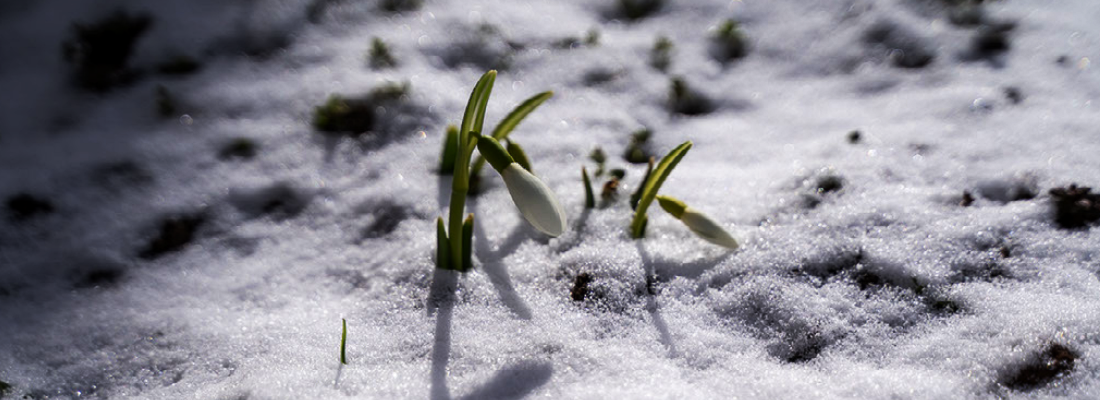
When my oldest brother died, my family stood in solemn in grief. It was snowing in springtime, the world lending us the dignity of steel-grey skies. I watched soft flakes fall across the graveyard, mountain foothills in the corners of my vision, the air cold and fresh. You could almost smell the grass beginning to grow under the thin veil of light snow building on the ground.
We saw him laid to rest, wrapped in wood, fresh dark soil pushed over the place of his return to the earth. No call to his phone brought back his living voice, only an echo of his presence rang through his voicemail before the tone, after which I had nothing to say. In the ripples of time after he left, it was made apparent that death is only tragic for the living. His consciousness now lost to that which it came from; we knew he could not weep for himself, so we wept for him.
⸙
Death is only tragic for the living, death for the dead is simply to return to a previous state. Ashes to ashes, dust to dust, bodies to dirt. All things existing within the unbreakable circle that we so easily misinterpret as a straight line.
⸙
Some time before he left us behind in the waking world, the three of us had scattered to the bright lights of coastal cities, searching in a youthful rush for something. What we did not know, but we went, steadfast in our resolve. As the relentless drum of time beat on, our lives moved, changing as quickly and wildly as streams. The only constant, like water converging at one of the great rivers, was our childhood home. A place utterly familiar, no matter how far I might stray, nor how unmoored I may feel, the old stairs of this house will wait to creek beneath my feet as they always have. The mourning doves that live in the trees behind here in the summers, stray searchingly to the very southern edges of the country come fall, but without fail they return, as I do.
We spent holidays watching our father stoke the fire in the living room. Sitting on the same couch, the same soft chairs, the edges of their arms fraying, the colored strings of their beloved fabric unweaving themselves. The smell of the house a mix of pine and firewood, smoke and laundry detergent and coffee, wet grass in summer and crisp snow in winter. Our mother’s voice from the kitchen, my oldest brother’s laugh. The water-damaged deck of cards, and the twinkle of competition in our eyes as we played game after game, the eldest’s far-too-loud exclamations of victory, and the youngest’s far-too-dramatic roll of the eyes. I still stood at the kitchen window, watching deer move tenderly through the backyard, from grove of trees across manicured lawn to grove of trees. The occasional fox slinking past at the edges at dusk.
⸙
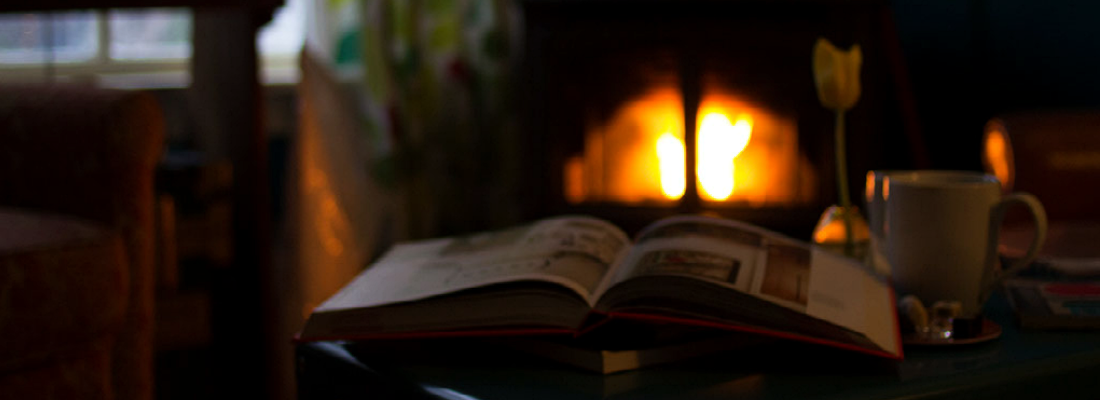
When my family converges now, one fewer, missing, just myself, my parents, my second oldest brother––the one with the most tender disposition of us all. Back in the foothills for another holiday, all things changed yet all things as they were. The ghost of the oldest of us children lives in the flicker of the hearth, and in the call of our mother’s voice, and in the hands of my father as he cooks. Each card game between my youngest brother and I heaves with the emptiness of the third chair.
⸙
Someone once told me that you and your life is only a hallucination of separateness. I was in college then, just a handful of years ago now, sitting on a green lawn in summer and passing a joint around. When she said this, I laughed, a brief reaction to my grasping the gravity of the whole.
⸙
There are those moments we all know. When you may be awake at dawn watching the sun rise or on a beach while it rains and the ocean surface furls with the wind; when you are overwhelmed with the involuntary feeling that eludes all description, right in the corners of the vision of the explainable. The one that is neither melancholy nor nostalgia nor joy, but that fills your body with a sense of space, of a thing so large that your chest aches. The feeling when you get absorbed in that which is “other.” When you are confronted with the gravity of the whole whether you want to be or not, when some wordless knowledge is foisted upon you by something you cannot see.
⸙
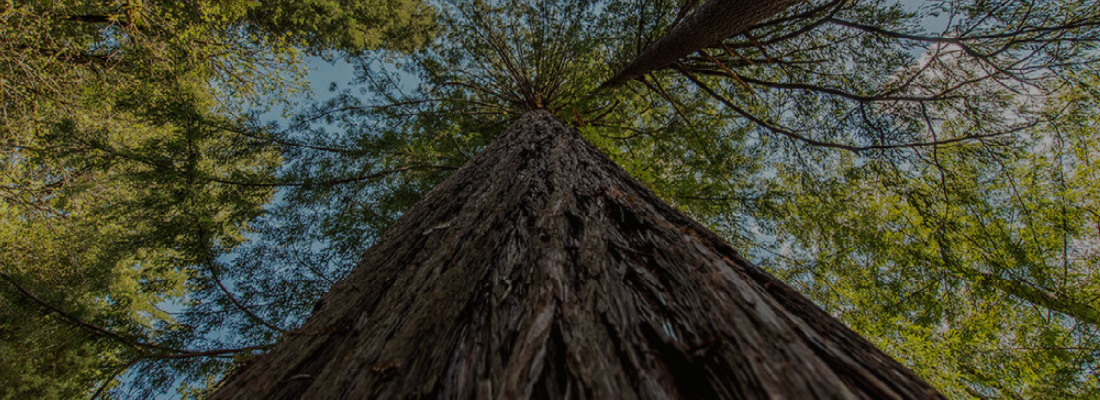
From the moment we could walk my father would take us hiking on weekends. He would say that if you go to the very bottom of a very tall tree, wrap your arms around its trunk, and look directly up along the bark towards the skeletal branches and leaves and sky, you can see god.
Around the time of my oldest brother’s death I moved from Boston’s tangle of brick buildings to the slow rolling mountains of Vermont, into a rented house with friends––the kitchen always busy, the windows looking toward an unkempt yard. A new kind of home.
I would hike on the weekends––I still do––and every once in a while, when the path is quiet, when I am the only one there, I find a tree to wrap my arms around, and I look up.
⸙
I would take the train to New York and the sparse studio of the second oldest, and now only, of my brothers. His books stacked against the wall, afternoon light falling across a desk scattered with half-finished sketches. A divergent path taken, a life that much suited him, his own new kind of home. We would drink then at the table and chairs near the window, behind its panes a never-ending sea of buildings. The older one of us weaving his way in and out of our conversation as we wondered what home he would have made for himself had he had the time.
In my life apart from my family and during that same time of train rides to New York to drink and reminisce with my remaining brother, I tried to forget the death of the other. Sleep came to me only in the haze of a high, from joints smoked out of my bedroom window. If I laid in my bed, unaided by acrid smoke, my mind could not help but rifle through scattered memories, trying to remember the shirt that he wore on our last holiday together, or his reckless smile and too-loud laugh, or what he said to me the last time I saw him.
⸙
The sea refuses no river.
⸙
Time continues to flow by us, the family still woven together through the smell of the fire in our parent’s home.
At present I do not shy away from death, nor search for a semblance of any god in the trees, my last brother and I no longer gather only to drink, and I can sleep unaided. In our memories of the eldest of us he will only ever be alive, for we had never known him any other way. We may hope now, that the empty space in the kitchen of our childhood home, the grating knowledge that there is one less person to call to when a fox appears across the stretch of grass outside the window, or when the mourning doves return for the summer, might simply remind us of the great luck of having people in our lives so capable of breaking our hearts.
I do not search for god in the trees anymore, I wrap my arms around the trunk, I lift my gaze to the ceiling of the sky beyond tangles of leaves in unending soft movement, and feel no urge to find any god other than the swaying branches themselves. There is the body of my oldest brother in the soil, and my childhood pet in the mouth of a fox, and the unavoidable truth that death finds us all.
A fraction of a whole, a whole that the oldest of us, though no longer in the waking world, continues to inhabit, his body in the dark damp soil, the grass growing peacefully atop his resting place.
⸙
In their return to the great sea which refuses no river we are lucky to have people in our lives who can so break our hearts, in their re-convergence with the world.
